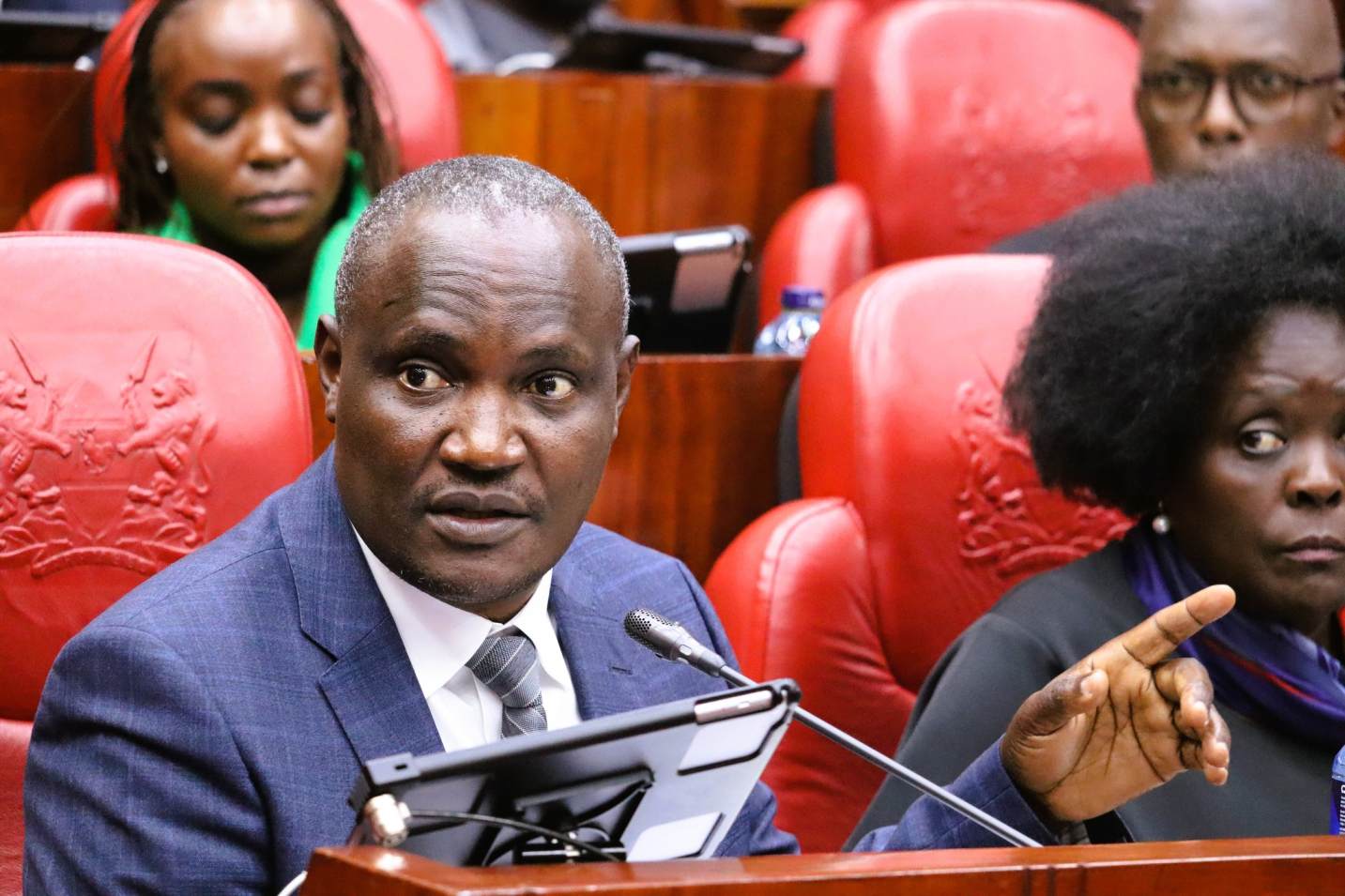EXPLAINER: What you need to know about the e-Procurement system

The system is designed to digitise procurement processes, reduce fraud, increase transparency, and save the country billions of shillings annually.
The government has launched a new electronic procurement system, known as e-Government Procurement (e-GP), which will become the sole platform for all public procurement across Ministries, Departments, and Government Agencies starting from the 2025/26 financial year.
The system is designed to digitise procurement processes, reduce fraud, increase transparency, and save the country billions of shillings annually.
While the Treasury says e-GP will streamline operations and make government spending more accountable, Parliament and the Council of Governors have raised concerns over its implementation, citing incomplete preparations and potential disruptions to county-level procurement.
The National Treasury has stated that e-GP is expected to save the country up to Sh50 billion every year by curbing procurement-related fraud and inefficiencies. Section 7(c) of the Public Procurement and Asset Disposal Act (PPADA), 2015, mandates the Treasury to design an efficient procurement management system for both national and county governments to ensure transparent procurement and asset disposal, as required by Article 227 of the Constitution.
The e-GP system digitises the entire procurement cycle, from planning and bidding to contract management and payment. Suppliers are required to register on the platform, submit bids online, and track the status of tenders and contracts.
To enhance transparency and reduce opportunities for fraud, the system is linked to key government databases, including the Kenya Revenue Authority’s iTax system, the Integrated Financial Management Information System (IFMIS), the Business Registration Service, and the Integrated Population Registration System.
According to the Treasury, the initiative is aimed at improving transparency and accountability, creating an open marketplace for procurement, and supporting reforms to better manage and monitor public procurement activities.
“Beneficiaries include not only governments and suppliers but also the public at large in having access to transparent information on the public expenditure of taxpayers’ money,” the Treasury said.
Online publication of tender notices, contract awards, bid submissions, and audit trails are among the measures that will ensure accountability in government spending.
President William Ruto has issued a stern warning to officials resisting the adoption of e-procurement. Speaking in Siaya after attending a church service, he said, “There are people who want to stick to the old ways where the government buys a product worth Sh2 at Sh10. Any officials who are not ready to continue with e-procurement can leave as well. They will not stop us from fully adopting this system and ensuring our resources are used as expected.”
Treasury CS John Mbadi has also criticised procurement heads who misadvise accounting officers against the system. “I am not getting distracted in implementing the e-procurement. EGP is the way to cut down on wastages in government.
My plea to accounting officers is, don’t listen to your procurement officers because they don’t want to let go of where they have been stealing public funds,” he said.
He added that while the system may face challenges, it is expected to work efficiently and noted that it was procured in 2022 at US$2.9 million (about Sh370 million), not Sh5 billion as some media reports claimed.
However, the rollout has faced resistance. The Council of Governors, through Chairman Ahmed Abdullahi, has warned that it may take legal action if the IFMIS is not adjusted to allow counties to upload their procurement plans as they did under the previous system.
“In this regard, the Council asks the National Treasury to lift any administrative blocks related to the implementation of e-GP, failure to which we shall be constrained to seek legal redress on the underlying issues as this borders on provision of services across all Counties,” he said.
Parliament has also raised concerns. The National Assembly voted to nullify a Treasury circular, while Senators led by Narok’s Ledama Ole Kina questioned the government’s requirement for counties to adopt the system.
“With the utmost respect, Mr. President, county governments are constitutionally semi-autonomous. Article 219 clearly mandates that counties receive their equitable share of revenue without undue delay and without deduction,” Ledama said.
On August 19, 2025, the National Assembly endorsed a report from the Delegated Legislation Committee recommending the annulment of circular 04/2025 issued by the Public Procurement Regulatory Authority (PPRA) on August 12, citing lack of public participation.
Committee chairman Samuel Chepkonga said, “The circular seeks to amend the law without involving parliament and without public participation. The circular outlaws the manual submission of tender documents and purports to impose punishment. They should have initiated the amendment of the law to allow the electronic system.”
PPRA Director General Patrick Wanjuki emphasised that all government agencies must comply with e-procurement starting July 1, 2025, warning that any manual transaction will be surcharged on the officer who authorised it.
The e-GP system represents a major shift in public procurement in Kenya, aiming to enhance efficiency, curb corruption, and allow citizens greater access to information on government spending.
While its full adoption faces legal, political, and operational challenges, the government maintains it is a key tool for accountability in the management of public resources.
